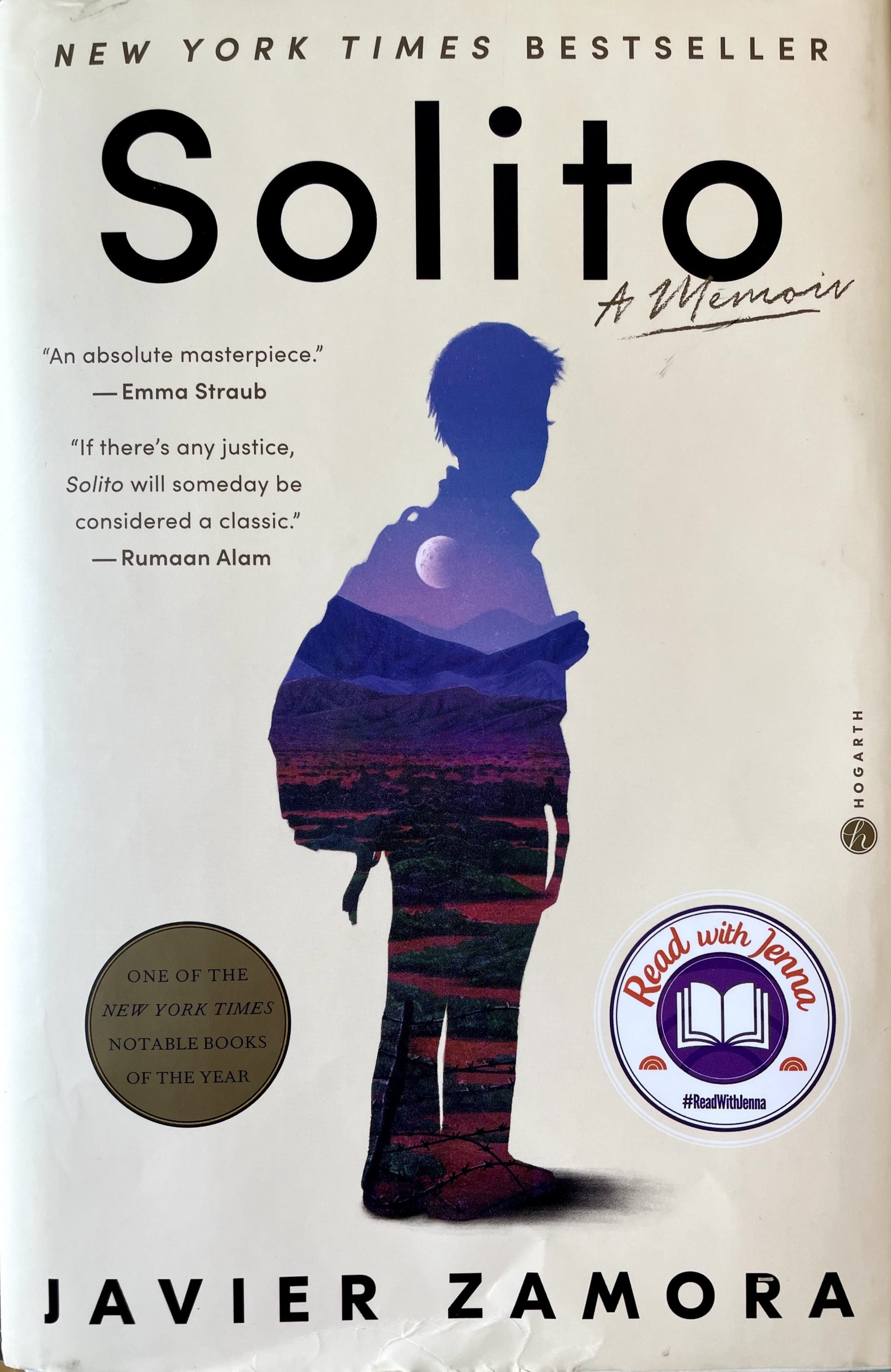Review by Karina Wetherbee
The immigrant experience is the backbone of the American story, as for centuries people have been moving across the landscape of the continent, carrying their culture, their hopes and dreams, and their suffering, inevitably upending the indigenous communities in the process.
El Salvadoran poet Javier Zamora’s new memoir, Solito, is a deeply personal and revealing look at the levels of hardship and misfortune the average migrant undergoes in pursuit of prosperity and peace. Even a brief look at Zamora’s professional successes reveals the human and creative potential that an eager and hardworking immigrant can bring to their adopted nation—if they can just get there safely.
For decades, images have played out across our TV screens, and political arguments have raged, depicting the perilous and notorious southern U.S. border. This subsequently has created an anecdotal narrative in the minds of most Americans, much of which is a grossly inadequate representation of the experience. Zamora’s account of his 1999 journey from El Salvador to Arizona goes a long way in personalizing that reality.
Zamora flexes his poetic chops to frame the retelling of his childhood journey, utilizing the sensory-heavy memories particular to a child, balancing both a mature recollection of the events while retaining the innocent and uninhibited voice of youth.
For the 8-year-old, America represents family, as it is where both his parents, fleeing violence, escaped to years before, leaving him with his grandparents until the time was right for him to join them. It is a distant and mythical place, the home of fast food, Teenage Mutant Ninja Turtles, and Star Wars.
He has no concept of the challenges and dangers of the journey itself, only a deeply-rooted excitement that the trip will eventually take place. Talk of a journey is pervasive and constant during his childhood, looming with inevitability. Time, for a child, passes slowly; it’s glacial when a parent is far away.
By the time the journey commences, Zamora has given the reader a glimpse at the kind of child he is and the life he lived in El Salvador. He is smart, a gifted student, and living in a loving home. The usual concerns of a young boy fill his days, and he can’t help but carry those worries with him, as he finally sets out on the trip that will change his life, and which will leave him with more than his share of trauma and heartache.
The reader should be prepared for a good deal of untranslated Spanish, but this stylistic choice by Zamora only serves to highlight the vulnerability and helplessness, and the lack of agency within the migrant experience. It’s deeply reflective of the isolating and lonely struggle to exist each day in a world that seems increasingly vast, unforgiving, and foreign.
Throughout the book, Zamora ponders the concept of family… is family the ones you leave behind when you run, is it the ones you are running toward, or is it the ones you are running with?
For Zamora, it is clearly all three. The story of his trip is gut-wrenching at times, but there are profound moments of beauty and humor, and at its heart, Solito is a real homage to human empathy, compassion, and resiliency of spirit.
Karina Wetherbee, a Keystone, Colorado native, and part of the long-time Crestone Dercum family, has been a writer since 2004, with a memoir and a novel. She has been a professional photographer and watercolor artist for many years. She wrote regular book review columns for The Summit Daily and Vail Daily, and is now contributing monthly book reviews to The Crestone Eagle.


